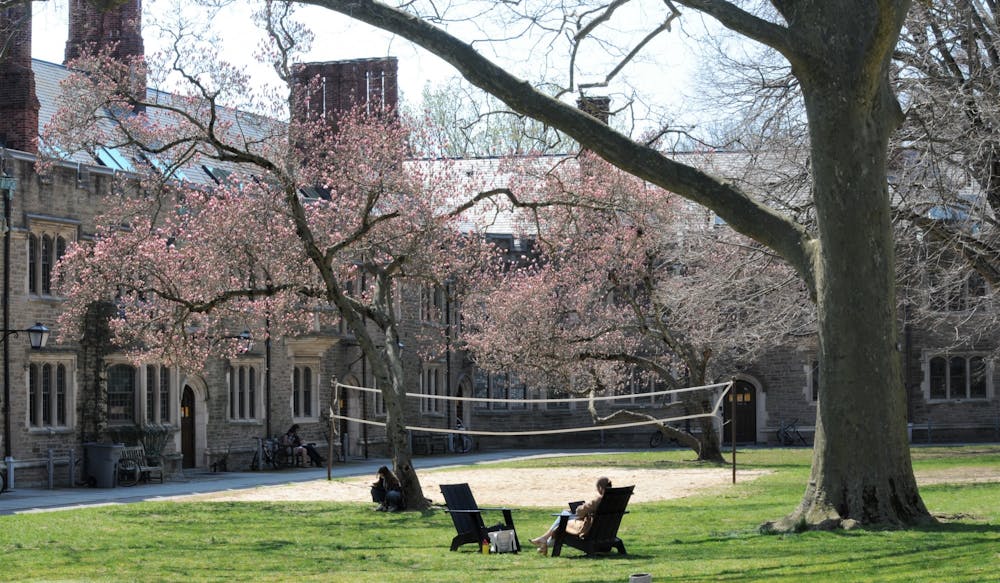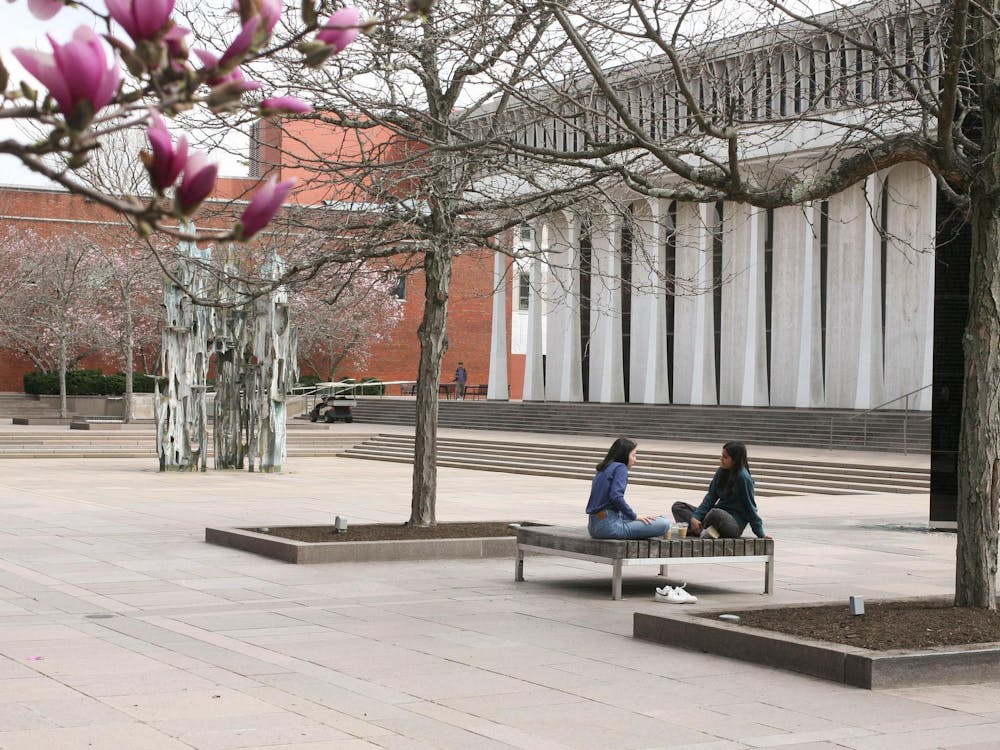In the wake of the recent expansion in Princeton’s financial aid policy, campus community members look toward the future and the work still to be done in attracting and supporting low- and middle-income students at the University.
Under the new financial aid program, which will go into effect in Fall 2023, most families making up to a total of $100,000 will be eligible to receive assistance covering the entire cost of a student’s expenses at Princeton. The University will also eliminate the $3,500 student contribution that students on aid are currently expected to contribute themselves.
In the U.S., 34 percent of college students receive federal Pell Grants, but at Princeton, only 22 percent of students receive them.
Deputy University Spokesperson Michael Hotchkiss said the University hopes to attract more Pell-eligible students with the updated policy, but the existing admissions policy does not consider a student’s financial aid needs, whether for good or bad.
“We will continue to use a holistic process in the assessment of each student’s application, evaluating every aspect of a student’s file,“ Hotchkiss wrote in an email to The Daily Princetonian. “As was true prior to the changes in the financial aid policy, there is no disadvantage in the admission process for students applying for aid.”
Hotchkiss mentioned that Princeton has made progress in making the University financially accessible for students of a variety of backgrounds but said that “we still have work to do.”
Alex Kirk ’26 expressed a similar sentiment, explaining that the University can do more for students aside from assisting monetarily.
“The new [financial aid] policy will help with [diversifying the community], but I think the University can still make great strides outside of just financial aid,” Kirk said in an interview with the ‘Prince.’
Heidi Temple ’24 described her experience with Matriculate, an organization designed to provide college advising to low-income high school students, stating, “The problem isn’t that the aid wasn’t good enough; it’s that students from low-income backgrounds don’t have the resources to be aware of this type of aid that can be life-changing.”
Temple, who is on full financial aid, said she would have preferred an earlier financial aid expansion.
“I fully believe that it could’ve come earlier,” she added. “I don’t think that the University had any drawbacks that were preventing them from changing things.”
“[First-generation, low-income (FLI) students] are still very underrepresented, and I think that it would be important for the University to expand that,” Kirk added.

In 2001, the University instated a no-loan policy, which replaced loans with grants, marking a significant shift toward accessibility for low-income students. With the new financial aid guidelines, the University seeks to continue that goal set out more than two decades prior.
Hotchkiss said that the University wants to increase the number of lower- and middle-class students at the University, and it will keep its need-blind admissions policy in place, where the Admissions Office can evaluate students’ academic and extracurricular credentials without consideration of a family’s financial circumstances.
He also mentioned other efforts that the University has taken to admit more students from diverse backgrounds, such as the expansion of the transfer program and the four-year increase of the undergraduate student body population.
“Our hope is to allow more students, including lower and middle income and Pell eligible students, to take fuller advantage of a Princeton education,” Hotchkiss wrote.
Zoe Sims Rhodes ’26 recognized the importance of the expansion of financial aid but said in an interview with the ‘Prince’ that the social cost of Princeton remains high in spite of the financial aid expansion.
“Yes, you can lower tuition, you can add an extra dollar to Late Meal, but look at the dues for all these other things you want to do if you want to be a part of Princeton,” Rhodes said.
Despite the changes, Rhodes stressed, the University has a long way to go in fostering equity on campus for lower- and middle-income students.
“While it’s good to get people in by having these changes to financial aid, I do still think Princeton has a lot of work to do for their students and for the incoming classes,” she added.
Abby Bacall is a Contributing News Writer for the ‘Prince.’ She can be reached at abbybacall@princeton.edu or on Twitter at @abby_bacall.
Lia Opperman is an Assistant News Editor who often covers University affairs, student life, and local news. She can be reached at liaopperman@princeton.edu, on Instagram @liamariaaaa, or on Twitter @oppermanlia.








